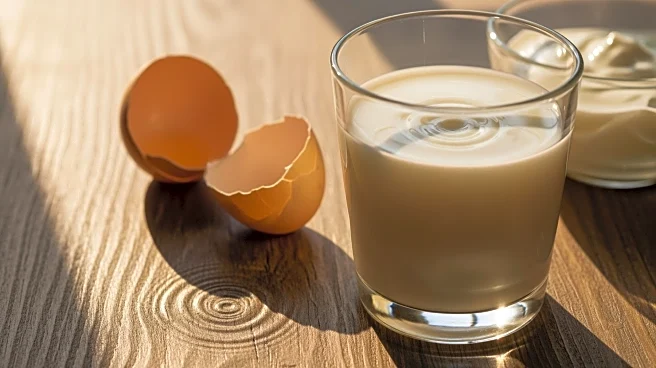BEIJING (Reuters) - China's manufacturing activity shrank for a fourth straight month in July, an official survey showed on Thursday, suggesting a surge in exports ahead of higher U.S. tariffs has started
to fade while domestic demand remained sluggish.
The purchasing managers' index (PMI) fell to 49.3 in July versus 49.7 in June, the National Bureau of Statistics (NBS) data showed, below the 50-mark separating growth from contraction and missing a median forecast of 49.7 in a Reuters poll. The reading was the lowest since April.
While U.S. and Chinese officials agreed to seek an extension of their 90-day tariff truce on Tuesday, policymakers in the world's second-biggest economy still need to deal with overcapacity in key industries, protracted property market weakness and tepid household demand.
According to the NBS survey, output growth slowed in July while new orders fell into contraction from June's expansion.
The new export orders sub-index remained in contraction for a 15th straight month, nudging down to 47.1 from 47.7 in June. Employment was still weak as producers tried to save costs.
Output prices rose to 48.3 from 46.2 in June, echoing authorities' efforts to tackle price wars among producers.
China's economy grew 5.2% in the second quarter, ahead of expectations, helped by the government's policy support and U.S. President Donald Trump's decision to pause a massive hike in tariffs to allow further negotiations. That prompted the IMF to lift its forecast on the country's annual growth to 4.8% this year compared with a previous forecast for 4.0%.
Top leaders on Wednesday pledged to "manage disorderly competition" among enterprises for the remainder of the year, as steep price cuts among manufacturers fuelled industrial deflation.
"(We) must help foreign trade companies that have been greatly affected and strengthen financing support," state media Xinhua said, citing the July Politburo meeting.
Analysts have emphasised the need for China to shift away from a state-led, export-driven manufacturing economy to one powered by increased consumer demand.
They said this week's announcement of childcare subsidies is a small but encouraging step toward economic rebalancing. With authorities striving to spur a flagging birth rate, China will hand out an annual childcare subsidy of 3,600 yuan ($501) until age three.
($1 = 7.1766 Chinese yuan)
(Reporting by Ellen Zhang and Ryan Woo; Editing by Sam Holmes)











